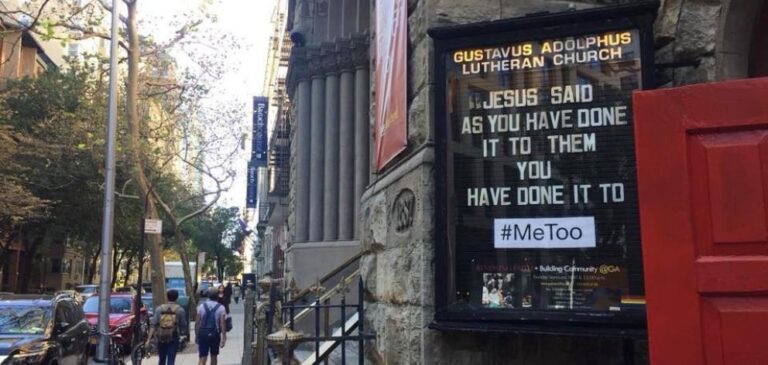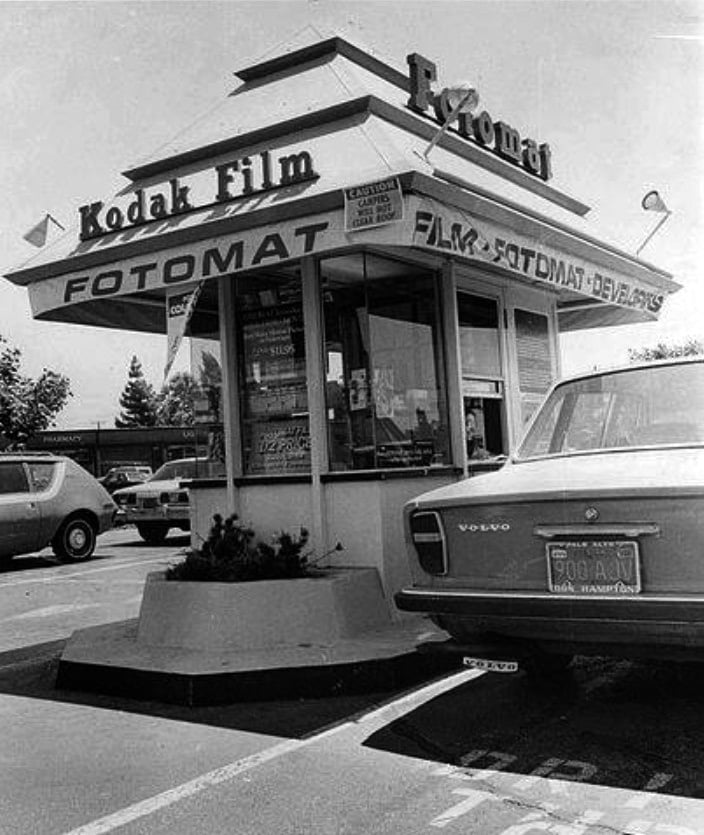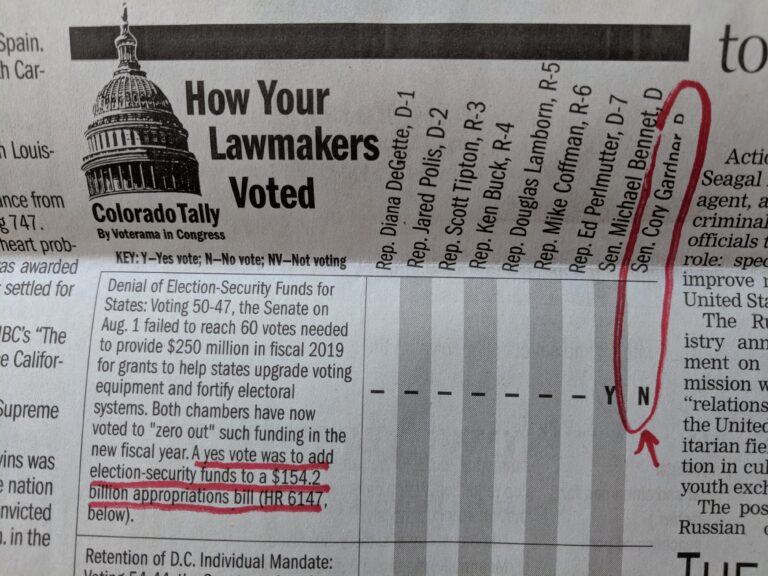Grand jury report details sexual abuse by over 300 priests in PA Catholic Church alone
August 15, 2018
2 Comments
It’s an unfathomably bad day for religion, but a better day to be an atheist, if you already are one. If you’re not already, the ...
Read More →
Senator Ray Scott’s absurd efforts to block progress in the energy industry
August 14, 2018
4 Comments
State Senator Ray Scott (R-Mesa County) isn’t just your average fossil fuel cheerleader. He goes far beyond defending the oil and gas industry by working ...
Read More →
Club 20 screams like a spoiled toddler and charges $25 to attend it’s debate while Polis attends events that are free and open to everyone
August 9, 2018
11 Comments
At the end of July, Democratic gubernatorial candidate Jared Polis announced he was going to have to miss Club 20’s September 8 candidate debate. In response ...
Read More →
Election hacking? No biggie. Sen. Cory Gardner votes against funding election security
August 7, 2018
No Comments
Russia’s campaign to influence U.S. elections and help Donald Trump get elected must not be any big deal to Colorado’s Republican Senator Cory Gardner, who ...
Read More →
Documenting hate in Grand Junction
August 4, 2018
8 Comments
Here are additional recently-spotted signs that bring the hate and racism lurking in Grand Junction right out into the open: A “Haji” is a slur ...
Read More →
Billboard raises awareness of Republicans’ dangerous dalliance with Putin
July 23, 2018
60 Comments
A billboard on I-70 B takes aim at the Republican Party (also known as the “Grand Old Party” or GOP) which is quickly becoming “the ...
Read More →






